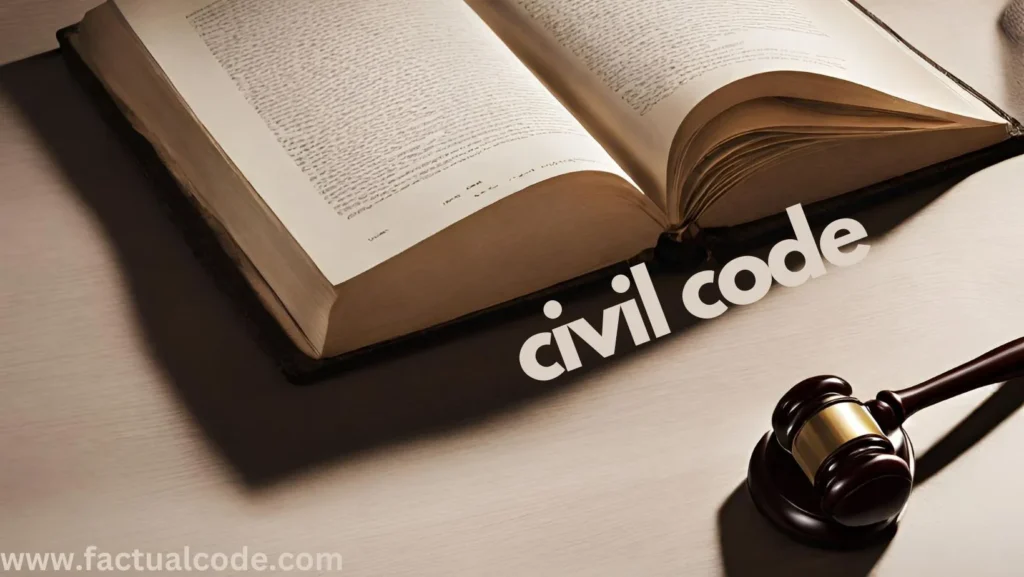📘 Introduction ✨📚🧠
Restitution means giving back something to someone who lost it unfairly. In legal terms, it is about restoring a person to the position they were in before a mistake occurred due to a court’s decision. ⚖️🔄💼
In India, Section 144 of the Civil Procedure Code (CPC), 1908 deals with restitution. This section allows a court to fix a situation where one party gained unfairly because of a court order that was later reversed or canceled. 🏛️📜✅
“Actus curiae neminem gravabit” – A Latin phrase meaning, “The act of the court should not harm anyone.” 📖⚠️🗣️
📜 What Section 144 CPC Says 🔍📄⚖️
Section 144 allows a person who suffered a loss due to a wrong court order (which is later reversed or changed) to apply to the same court for restitution. The court can: 🔁💼📥
Order the return of money or property,
Direct payment of interest, damages, or profits earned,
Pass any other orders necessary to ensure fairness.
Even if the original court no longer exists, another court with proper authority can hear the application. 🏛️📂🔄
No new lawsuit is needed. The person can apply directly under Section 144. 📝✅🚫
🎯 Why Is Restitution Important? ⚖️🔎📚
To maintain fairness and justice in the legal system.
To prevent someone from keeping a benefit they received from a court’s mistaken order.
To correct errors made by courts.
To protect the rights of those harmed by wrongful court decisions.
The Privy Council in Jai Berham v. Kedar Nath Marwari (1922) emphasized that this power to undo wrongs is part of the court’s duty to be fair. 🏛️⚖️🕊️
✅ When Can a Person Ask for Restitution? 📅💡📖
In Ganesh Prasad v. Adi Hindu Social Service League (1975), the court said restitution can be granted when: 🧾📌📜
The court’s decision was reversed, changed, or canceled.
The person applying is entitled to a benefit under the new decision.
The request is directly connected to that reversal.
If these points are true, the court must allow restitution. 📢🧑⚖️✅
👥 Who Can Ask for It? 🙋♂️👩⚖️🗂️
Only someone who was a party in the original case.
That person must have become entitled to a benefit under the updated or corrected decision.
👤 Who Can Be Asked to Return the Benefit? 🚨🔙🏷️
The person who unfairly benefited from the earlier decision.
This includes their legal heirs, transferees (people who received property during the case), or others involved in the situation.
🏩 Which Court Handles Restitution? 🧑⚖️📍📘
Usually, the same court that gave the original order.
If that court doesn’t exist anymore, another court with the correct authority will hear the matter.
♻️ Type of Case ⚙️📑📌
Restitution is not a separate case or lawsuit.
It is part of execution proceedings, which help enforce or correct a previous judgment.
This was clearly explained in Mahijibhai Mohanbhai Barot v. Patel Manibhai Gokalbhai (1965). 🏛️🧾📘
⏳ Time Limit to Apply 🕰️📆📌
As per the Limitation Act, 1963, a person has 12 years to apply.
This time starts from the date of the appellate court’s decision. 📜✅⏱️
⚖️ Can You Appeal the Decision? 🔁📤📜
Yes. A decision made under Section 144 is considered a decree. That means it can be appealed in a higher court. 🧑⚖️📈📬
🧑⚖️ Important Court Decisions 📚📋⚖️
Jai Berham v. Kedar Nath Marwari (1922): Courts must correct the harm caused by their decisions.
Mahijibhai v. Patel Manibhai (1965): Restitution is part of the execution process.
Binayak Swain v. Ramesh Chandra (1966): Courts must undo the damage their mistakes caused.
Mekha Ram v. State of Rajasthan (2022): Courts can restore parties to their previous position.
S. Prabhavathi v. Rohini Kilaru: Courts can use inherent powers under Section 151 CPC to grant restitution.
Jamaluddin v. Mirsa Quader Baig: Restitution can be used to fix violations of interim court orders.
📟 Simple Example 💵✅🔁
A wins a case against B and receives ₹5000. Later, a higher court reverses that decision. B can apply under Section 144 to get the ₹5000 back with interest, even if the new court decision doesn’t specifically mention restitution. 📜⚖️📥
📆 Conclusion 🧠⚖️💡
The Doctrine of Restitution ensures that no one keeps benefits gained through a mistaken court decision. It gives courts the power to correct such wrongs and bring fairness to the legal process. 🔄🏛️✅
Section 144 of the CPC plays a crucial role in supporting fairness, justice, and honesty in the civil justice system. 🤝⚖️📘

